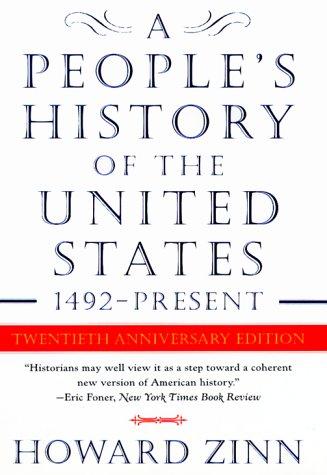History is something many people like to think of as objective, simply a combination of events and dates. However, actually studying the history of the world proves that it is not as objective as one may think. Just like a friend telling you a story of something that had happened to them, history will have some sort of bias towards whoever is relaying the events.
The first thing I ever learned on entering my high school humanities program was to doubt everything. Critical thinking was of the utmost importance in this program, and they often demonstrated this by encouraging us to think about how a bias could be present in what we were learning, as well as be able to come up with counterarguments, even if one did not believe in them in the first place.
After four years of this type of education I was fairly confident in my critical thinking skills. I was not afraid to question the information I was given, but at the same time, I had trusted the program I was in to do part of the job for me. One of the books that we studied in this program, A People’s History of the United States (which I have linked an excerpt of) is even known to be one that presents American history through the perspective of people whose perspective is rarely thought about. This book is one of many that introduced me to the idea that just because I have been presented with information in school does not necessarily mean that it is correct–for example, much of the information presented to me in elementary school regarding Columbus turned out to either be wrong, or accompanied by horrifying facts that simply were ignored in favor of portraying Columbus as a hero.

Because the people teaching me had been passionate about breaking down racial prejudice and examining the different ways it affects us even on a personal level, I had let down my guard in questioning whether any of the material they were teaching as fact could indeed be biased. As the picture below shows, this system has been set up so that we aren’t supposed to be able to make out these biases.

In both the 9th and 12th grade I learned about the Inca, specifically about how the Inca thought the Spanish were gods, but now that the humanities core program has dismantled this notion for me I completely see how this is a biased narrative that pushes forth the notion of the “stupid” indigenous people who would readily accept white people as their rulers.
This article talks specifically about the way the Civil War should be handled in schools, with different textbooks stating different reasons behind the cause of the war. Through examples like these we can see that history can easily be changed and manipulated in order to fit the narrative of the person writing it, and it is for that reason we should remain actively critical of the education system, as it is imperative that we find the biases that are present in what we learn so that they can be acknowledged and fixed to the best of our ability.

A completely objective version of history may not be entirely possible, but by being aware of the different viewpoints that are present in the world we would be able to form a more nuanced, and educated opinion.
One thought on “Winter Semester Blog Post 1 -Racial Bias in History”